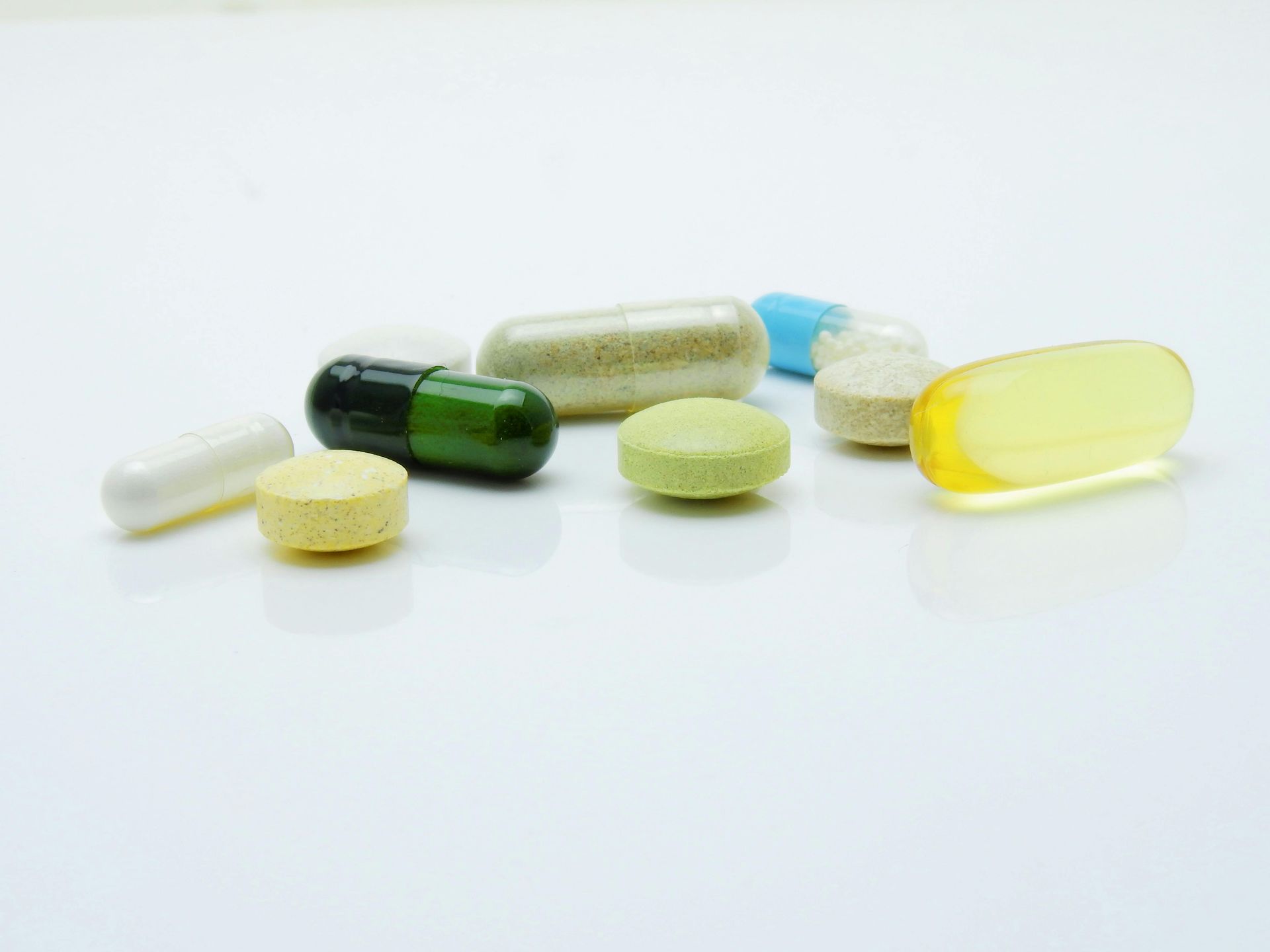Omega-3 Fatty Acids and Embryo Quality
To fully comprehend the latest research on omega-3 fatty acids and embryo quality it’s important to understand that the goal of medicated fertility cycles is not simply to make a lot of eggs. In fact mild ovarian stimulation that results in fewer follicles seems to provide the best results. This approach allows only the healthiest follicles and oocytes to develop. Since developing follicles produce estrogen, fewer developing follicles also mean lower estrogen levels during the cycle. This is also potentially beneficial as higher estrogen levels may negatively impact uterine receptivity and deter embryo implantation.
New research suggests that a higher intake of omega-3 fatty acids ALA, DHA and EPA may support this objective (1). In 225 women undergoing IVF diet data was collected using a food frequency questionnaire. Intake of the omega-3 fatty acids ALA,EPA and DHA were calculated, as well as omega-6 (LA) intake and the ratio of omega-6 to omega-3 fats in the diet.
In this study, the women with the highest dietary intake of omega-3′s had lower estrogen response, developed fewer follicles and had better quality embryos, even after controlling for confounders like age and BMI. A higher omega-6 to omega-3 ratio was associated with higher numbers of follicles. If the goal of fertility treatment is to help women produce fewer, higher-quality eggs, this research suggests that women undergoing ART should strive to increase consumption of omega-3 fatty acids and decrease the amount of omega-6 they consume.
As a result of these findings, the research team recommends that twice-weekly fish intake should be encouraged in women during fertility treatment. While generally useful, this recommendation does not take into consideration the risk of toxicity from fish consumption – especially in the perinatal period. In fact, the fish richest in omega-3 fatty acids are the ones most likely to contain mercury and other contaminants. For this reason, our recommendation at Pulling Down the Moon is that women work to lower their intake of omega-6 fats (found in snack and fast foods, factory/grain-fed red meat and processed oils), increase their intake of leafy greens, nuts and seeds and supplement their diet with a high quality, purity tested fish oil supplement.
Supplements are only a small part of fertility nutrition, however. For more information about fish oil, diet and egg/embryo quality, schedule a consultation with one of our nutrition specialists.
1. Hammiche et al. Fertility and Sterility. Vol. 95, No. 5, April 2011 1820-23




